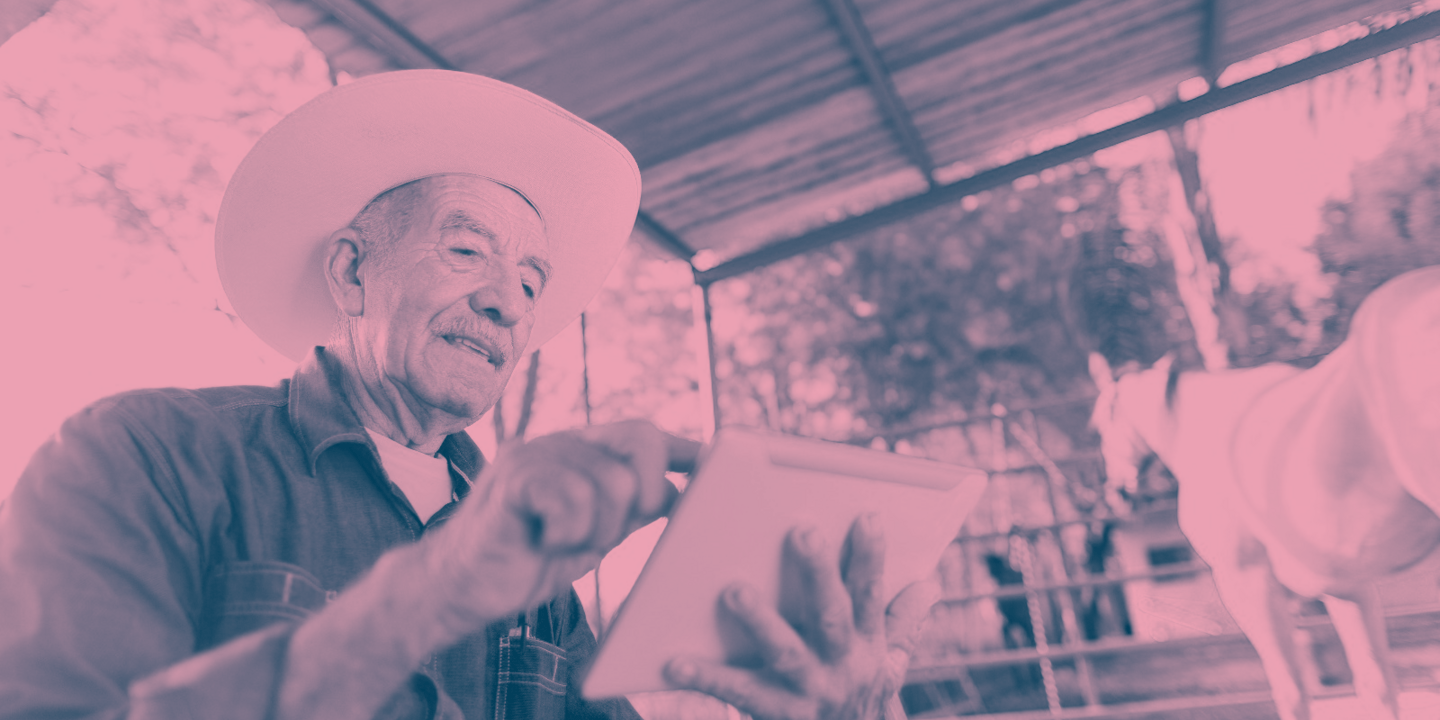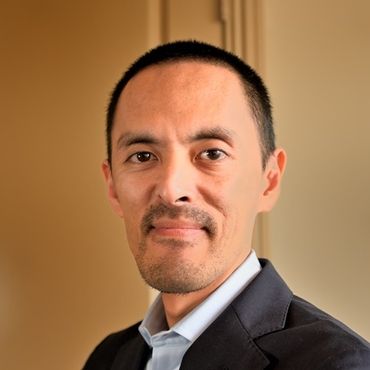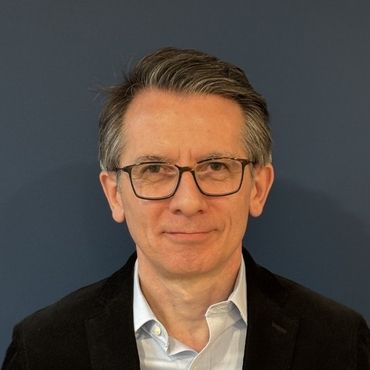October marks International Day of Older Persons and International Day of Care and Support. That is why IDB Lab wants to share the initiatives and projects focused on the silver economy that we are promoting and developing in the region.

Population aging in Latin America and the Caribbean (LAC) will accelerate significantly over the next three decades. By 2060, three out of ten people will be over 60, according to the Economic Commission for Latin America and the Caribbean (ECLAC).
This accelerated demographic transition will require the design and implementation of innovative public policies that allow economies and societies to adapt. It is estimated that LAC will reach levels of aging similar to those of Europe or Japan, but with barely half the per capita income that those regions had when they faced the same challenge. This raises an urgent need for strategic responses that promote the inclusion, productivity, and well-being of older adults.
The great challenge for public policy is to enable people to live longer, healthier lives, which would allow for the creation of more productive societies for longer periods of time. In this context, older adults should not be excluded from the labor, economic, and financial systems. On the contrary, their ability to continue learning, working, and sharing their experience and knowledge represents an enormous economic opportunity for the region.
With this vision in mind, the IDB Group has developed a comprehensive strategy to boost the silver economy in LAC that seeks to harness the potential of older adults as active agents of development, promoting their inclusion and participation in all areas of economic and social life.
Three Pillars for the Silver Economy
The silver economy is defined as the sum of goods, services, and consumption by and for older adults, representing approximately US$22 trillion annually worldwide. In LAC, the silver economy is estimated to contribute 40% to the GDP of Argentina and Colombia, 39% in Brazil and Chile, and 28% in Mexico.
In order to develop this sector, we have identified three strategic pillars:
Entrepreneurship and employment: it is not only about older people remaining active as workers, but also as entrepreneurs. To this end, tax incentives for companies could be sought, as well as hiring policies and access to credit without age bias.
Financial inclusion: safer financial systems are needed, as well as greater support for victims of fraud and loss recovery, since in most cases these crimes are committed against older people.
Care economy: a potential driver of economic growth given its high demand for human resources. Its development is important to formalize the role of the professional caregiver (as distinct from the nurse) and professionalize the care market, with formal training for all its actors.
Initiatives and Leadership in the Sector
At the IDB Group, we have developed a robust agenda to study, understand, and promote the silver economy in the region. Particularly at IDB Lab, we have around 20 innovative projects focused on employment and entrepreneurship, care, and financial inclusion.
At the beginning of the year, with Fundación La Caixa, we made a commitment to collaborate on an agenda to address the challenges and opportunities arising from the rapid aging of societies during the first Europe-Latin America and Caribbean Silver Economy Forum. This gathering brought together more than 200 world leaders, experts on aging, and representatives from key sectors.
In March, we launched BID Cares, an initiative focused on expanding care services and infrastructure to improve the lives of children, older adults, and people with disabilities, while also creating jobs and accelerating economic growth in the region. The contribution of IDB Lab has been to support the promotion of innovative startups in the care sector.
Recently, together with Banco Integral and Hub Crecenta, we launched "Legado Integral" an initiative aimed at people over 50 that offers a combination of financial and non-financial services such as financing with preferential terms for working capital, savings accounts designed for specific purposes, business training, health insurance, and home support.
At the same time, we are co-financing the "Finanzas Plateadas" program on financial education together with Banco BHD, which provides adults over 60 with tools such as guides, interactive tutorials, workshops, and mentoring on personal financial management.
Seeking to ensure continuity in the training of older adults, we promote the program "acelerIA" with the Technological University of Uruguay, designed to empower individuals and communities to navigate work environments mediated by emerging technologies, which prioritizes the inclusion of women and people over 45 in the adoption of AI.
Together with Civic House, as part of the WorkerTech LAC initiative, we launched the call for proposals WorkerTech 2025: Pitch Competitions, which seeks to promote technological solutions to improve the working conditions of informal, independent, or platform workers, and prioritizes proposals aimed at adults aged 50 and over, as well as caregivers.
We also announced the winning innovations from the first "Región Plateada" call for proposals, which we organized together with the Arturo Sesana Foundation. The call attracted more than 1,800 registered organizations and hundreds of proposals, marking a milestone in the construction of the innovation ecosystem for aging and care in Latin America and the Caribbean. The selected projects were: HoraSalud, which uses artificial intelligence to optimize public health agenda management; Mistatas, which developed a telecare system that detects and alerts users to frequent emergencies; and Glya, which offers a model of continuous and accessible care for older adults with chronic diseases.
Cross-Cutting Growth
The silver wave does not have to set off alarm bells about inevitable change; it can also become a great opportunity if we act quickly and plan ahead.
By ensuring intergenerational collaboration that includes civil society, new businesses, and appropriate public policies, we can not only achieve a cutting-edge society, but also boost an emerging market with immense productive and innovative potential.
If you are interested in continuing to learn and research data, information, and findings on the silver economy, you can find publications and further reading on this topic here. If you're interested in exploring this topic, we invite you to listen to the podcast Onda Plateada.

